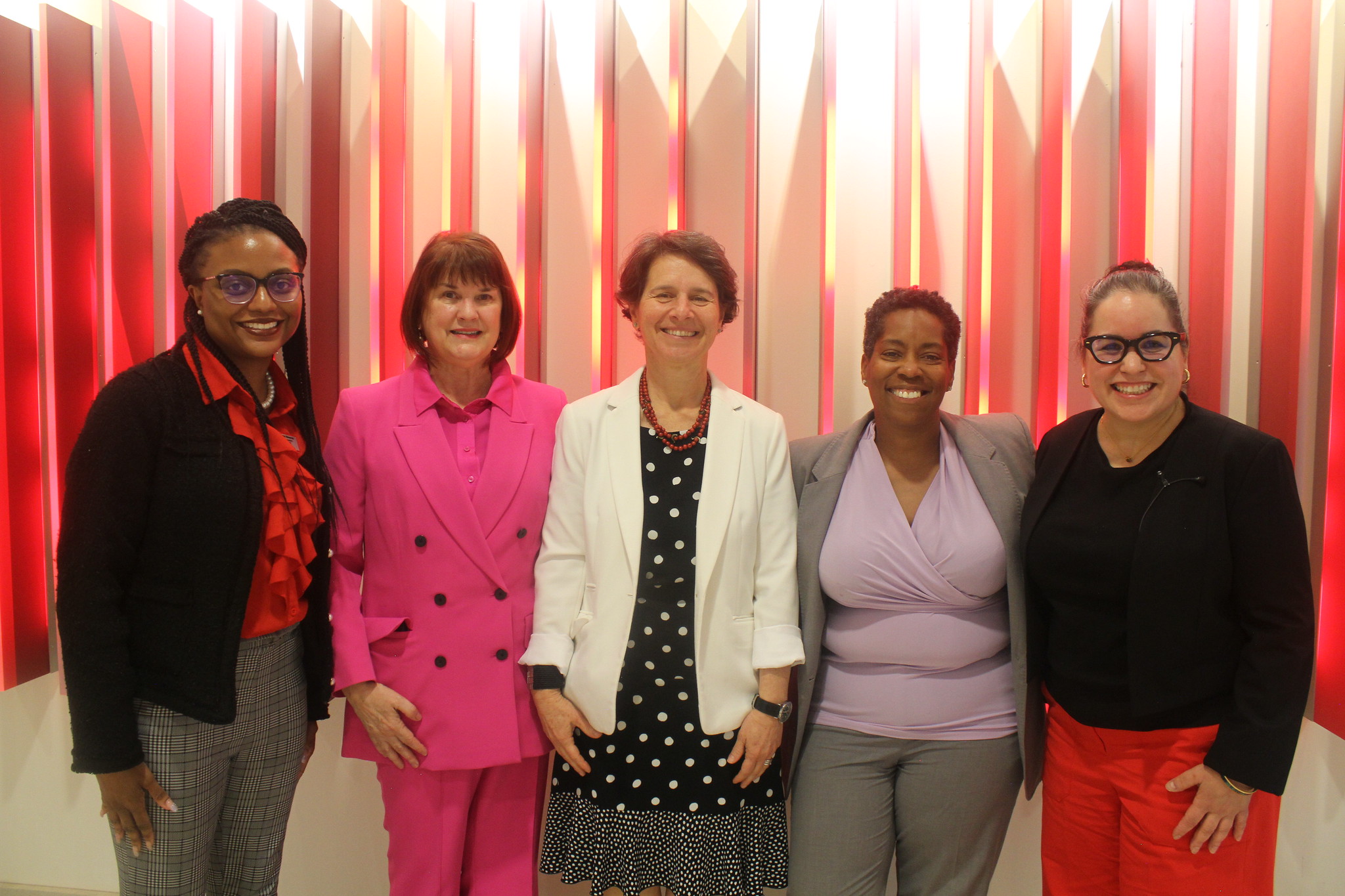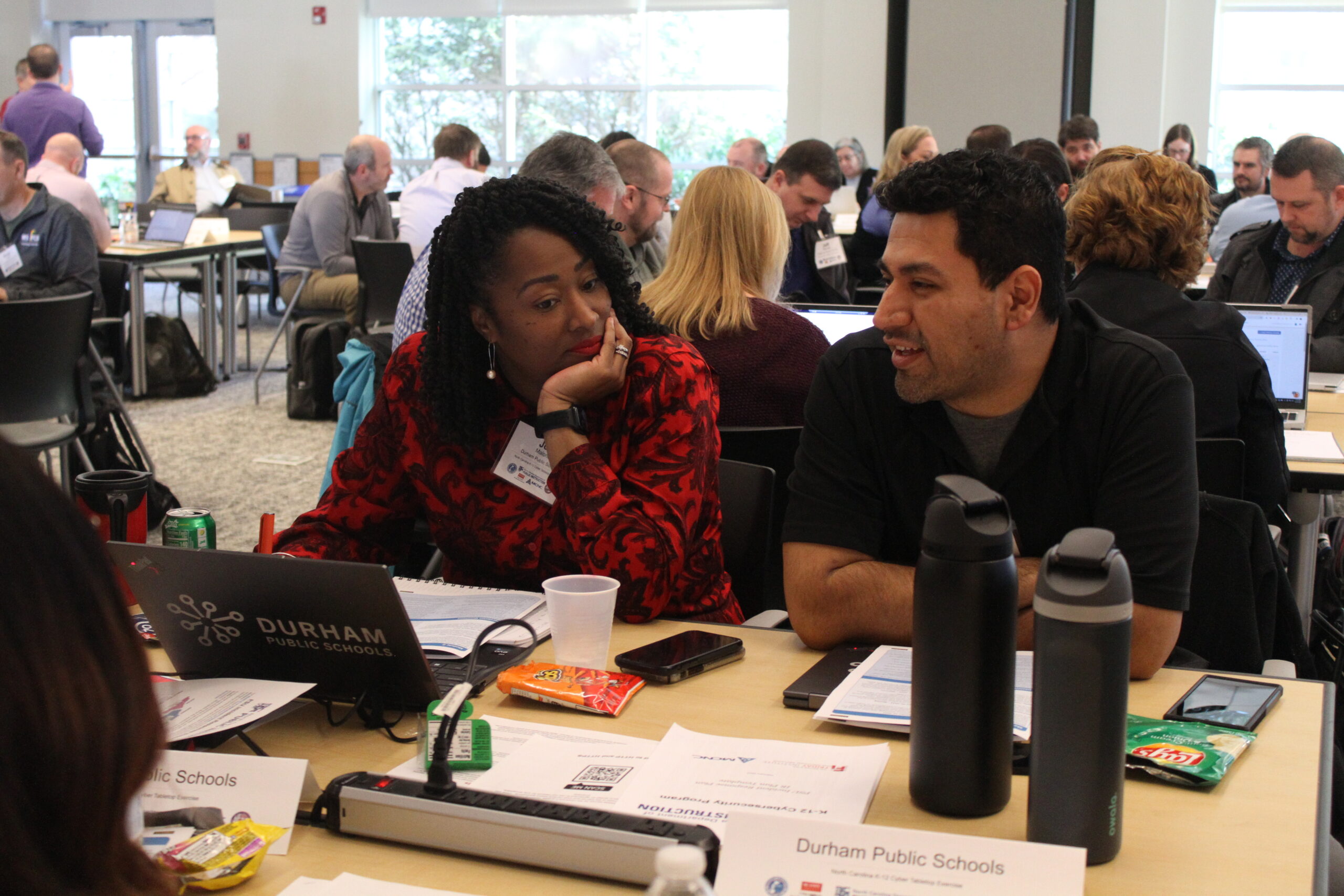MOOC-Ed Offered for School and District Leaders
March 22, 2013 – The Alliance for Excellent Education and Friday Institute for Educational Innovation at North Carolina State University have opened enrollment for a first-of-its-kind Massive Online Open Course for Educators (MOOC-Ed). Titled “Digital Learning Transition,” the free course will examine how the effective use of digital learning can help school districts meet educational challenges, including implementing college- and career-ready standards for all students and preparing teachers to make effective use of technology to enhance teaching and learning.
The course—a component of the Alliance’s “Project 24” initiative and the first of a series of MOOC-Eds planned by the Friday Institute—will help school district leaders develop a set of digital learning goals to address their students’ specific needs. Participating educators will learn how technology and the global information age impact both what students need to know and how and when student learning can take place. They will study the elements necessary for a successful digital learning transition, develop a set of goals for digital learning aligned to desired student outcomes, and create an action plan to meet these goals.
“By participating in this ground-breaking effort, educators can experience first-hand how digital learning can change teaching and improve learning,” said Bob Wise, president of the Alliance for Excellent Education and former governor of West Virginia. “At the same time, they will develop a valuable plan for how to take their school or district through a digital learning transition.
Throughout the course, participants will have access to digital learning experts who have successfully implemented digital learning efforts that are supporting teachers and positively impacting student learning. And by conducting the course on such a massive scale—literally thousands of district leaders can participate—participants will also benefit from “crowdsourcing,” a collaborative professional learning experience that uses the “wisdom of the crowd” to discuss ideas, share strategies and resources, and exchange constructive feedback with other participants in similar roles and schools.
“The Digital Learning Transition MOOC-Ed enables educators to experience using innovative technologies as learners and collaborators, which will help them gain insights into what these technologies can mean for students,” said Glenn Kleiman, executive director of the Friday Institute. “We look forward to having many innovative educators join us in exploring this new form of large-scale, flexible, multimedia, and collaborative professional development.”
Each of the seven course sessions will include core resources and supplemental materials around a specific topic, while allowing for a great deal of personalization and flexibility. Participants are expected to navigate their own paths, consistent with their own goals and the needs of their school or district, while being supported and guided by the facilitators, resources, and fellow participants.
Running from April 8 through May 24, the seven-week course is designed for school and district leaders, including superintendents, principals, curriculum directors, technology directors, financial officers, instructional coaches, lead teachers, and others involved in planning and implementing K–12 digital learning initiatives. Participants should expect to commit between two and four hours each week, but there will be opportunities for those who wish to invest more time and explore issues more deeply.
Interested individuals can obtain more information and register for the course at go.ncsu.edu/dlt. After registering, they are strongly encouraged to take Project 24’s free online self assessment to help frame a vision for digital learning and specify how technology can help align efforts to achieve college- and career-ready standards. Upon completion of the self assessment, participants will receive a personalized report analyzing their district’s progress in integrating technology into instruction.
The MOOC-Ed is part of “Project 24,” a ground-breaking new initiative led by the Alliance for Excellent Education to help school districts plan for and effectively use technology and digital learning. Project 24 is an urgent call to action on the need for systemic planning around the effective use of technology and digital learning to achieve the goal of career and college readiness for all students. Project 24 participants benefit from free comprehensive district-level planning tools, expert advice, creative ideas, and tangible suggestions from experienced education experts and nonprofit education membership organizations. Already, more than 800 school leaders and 400 school district teams—representing 4.7 million students—have signed up to participate.
The Digital Learning Transition is provided by the Friday Institute for Educational Innovation as part of ongoing work to support the effective use of technologies and innovative teaching and learning practices in K–12 education.
“Make no mistake; digital learning holds the key to preparing millions of additional students for college and a productive career, but district leaders need to approach this opportunity with sound planning to leverage the potential and achieve the best results,” said Wise. “Going forward, our goal is to get every district to sign up and start planning.”
The Alliance for Excellent Education is a Washington, DC–based national policy and advocacy organization that works to improve national and federal policy so that all students can achieve at high academic levels and graduate from high school ready for success in college, work, and citizenship in the twenty-first century. www.all4ed.org.
- Categories:


